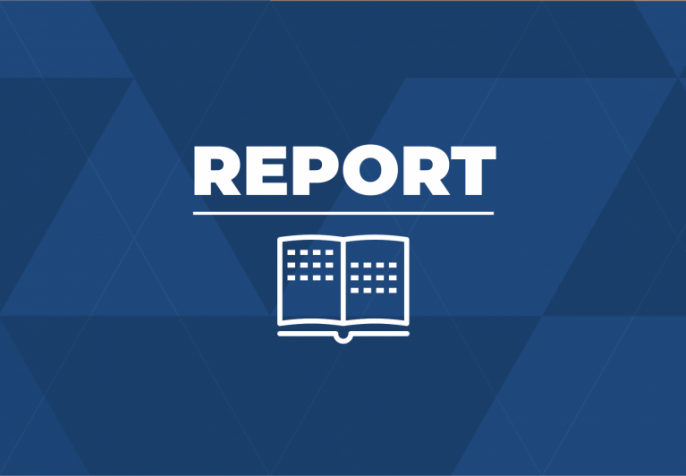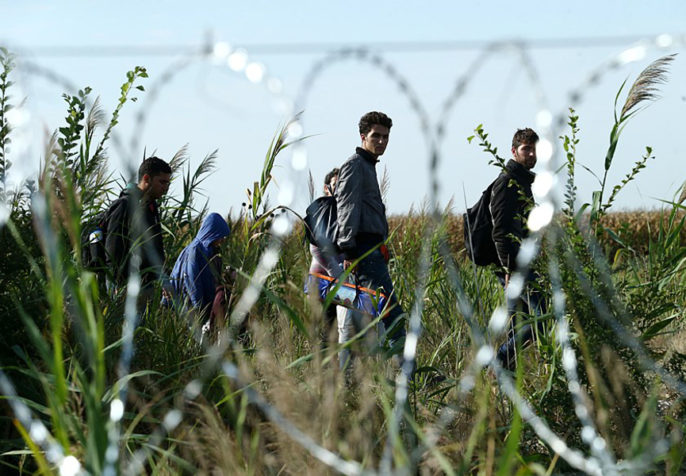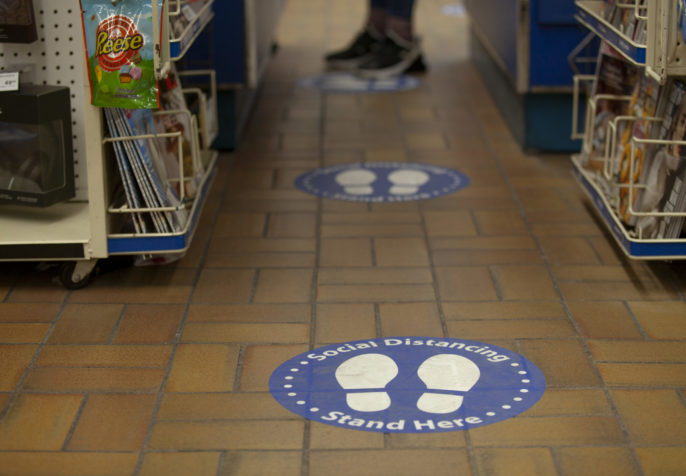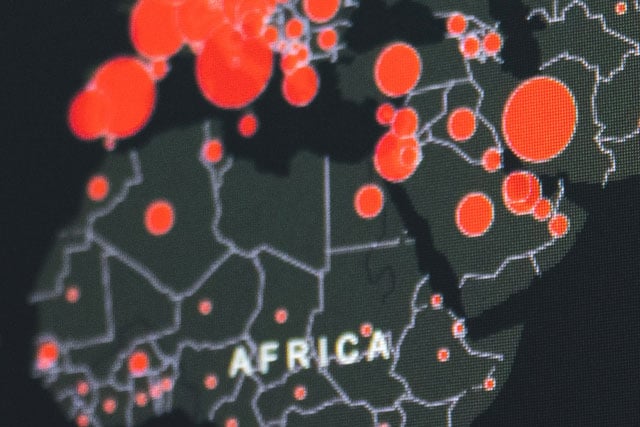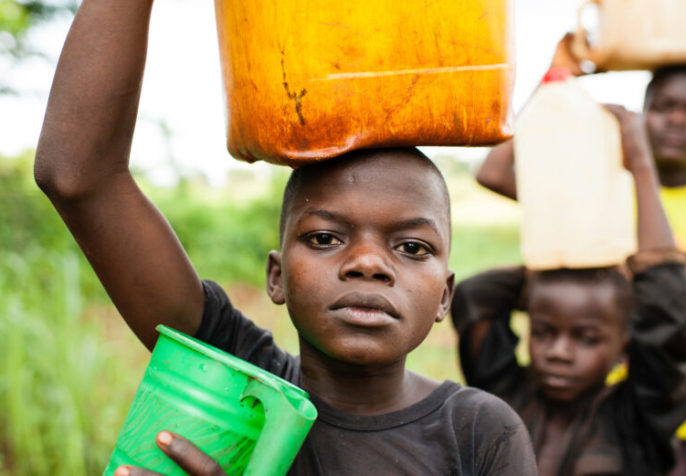Governments can use a crisis as a pretext to infringe rights. As UN Special Rapporteur Fionnuala Ní Aoláin explains, “states and security sector institutions will find emergency powers attractive because they offer shortcuts,” and that such powers will, therefore, tend to “persist and become permanent.”
In response to the pandemic, governments around the world have acted with significant implications for fundamental freedoms and civic space. During this time, we must remember that responses to public health threats are stronger and more effective when they respect human rights. This page presents key resources and information on how international law provides a framework to uphold human rights during crisis response.
